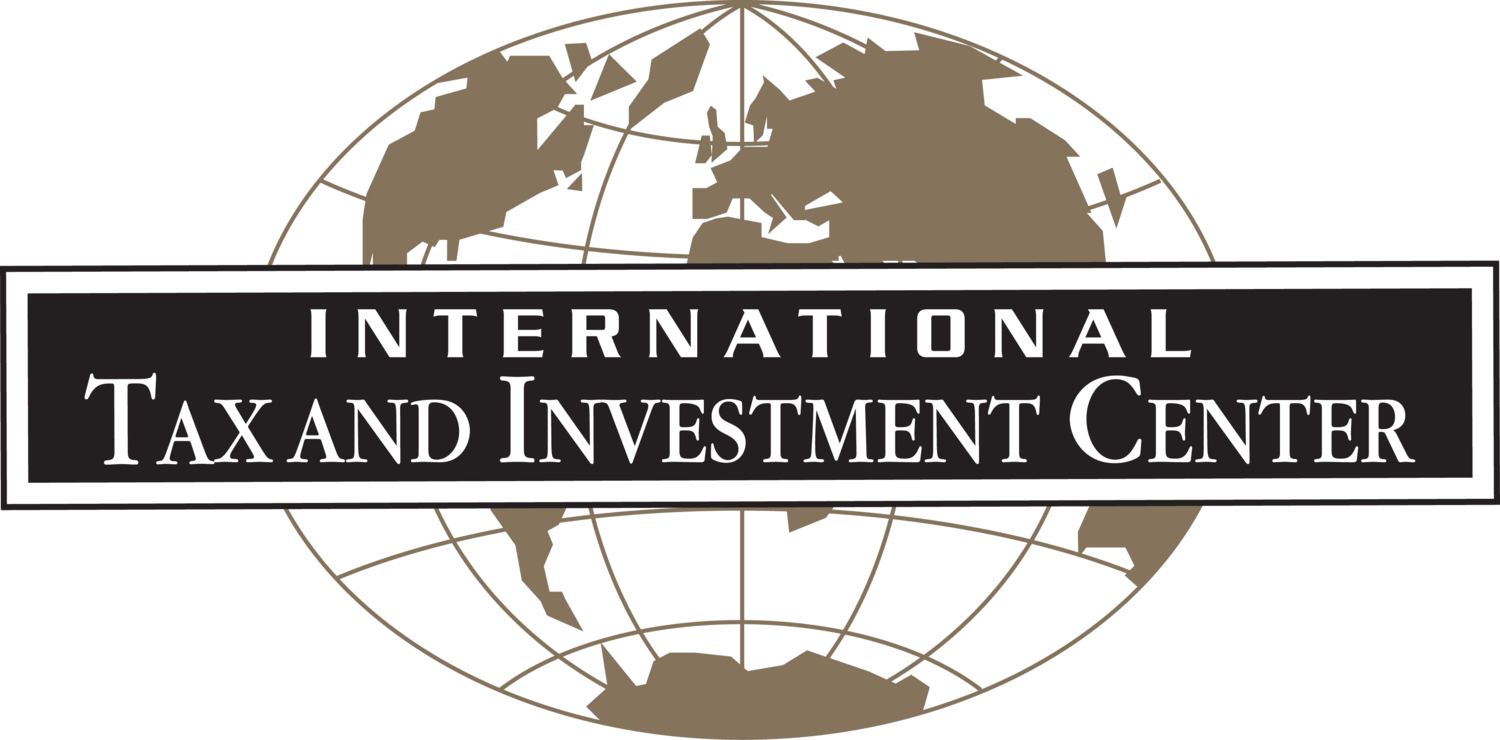Further to our February update, below is a summary of ongoing debates and tax developments in Azerbaijan. In late February, the Parliament confirmed the “package” of investment-promoting preferences and exemptions valid over seven years in respect of PIT/CIT/VAT/Property & Land Taxes, as well as Customs Duties, for entities and individuals granted an Investment Promotion Certificate (IPC).
Tax (and Customs) has figured prominently in the continuing economic policy review addressing the wide-ranging consequences of low oil and gas prices and the challenge of developing the non-oil sectors. For example, at a recent conference marking the 15th anniversary of the establishment of the Ministry of Taxes, titled “The Azerbaijani Tax System: Realities and Prospects”, the various business and Government participants highlighted a wide range of issues, including:
- Limiting the amount of 1,000 manats for cash payments within a single transaction (creation of the National Payment System of Azerbaijan was scheduled to be completed in the first quarter of 2016. This system should make it possible to develop non-cash payments and reduce the cost of services on card transactions).
- (Non)applicability of VAT to national/international e-commerce.
- Developing an investment tax system in order to support non-oil and gas business.
- Exempting enterprises processing agricultural products from taxation, as an incentive for the large investments required.
- Applying a broad tax amnesty to aid in the return of funds that entrepreneurs took out of the country.
- Respecting international agreements on protection of investments and ensuring stability in the tax burden.
- Expediting/respecting VAT refund on exports (in 2015, 2,190 bln AZN refunded, according to the Ministry of Taxes).
- Addressing the causes of and approach to tax appeals (which in the past year amounted to approximately 90,000, although it is claimed by the Ministry of Taxes that there has since been a fall, owing to reduction in the scale of their inspections).
- The rise in voluntary compliance to 70% (approximately), a consequence of the 2011 Ministry of Taxes introduction of the concept of taxpayer service and of its continuous refinement.
- The need for continuous monitoring of preferences and exemptions in order to ensure that they help to stimulate the economy.
- The need to improve tax accounting, including through the (impending) introduction of e-accounting.
In March, Deputy Minister of Taxes Sahib Alekperov emphasized the scale of State support for entrepreneurship development, as follows:
- Threshold increase for the applicability of the simplified tax system (legal entities using simplified tax system are exempt from VAT, income tax, property tax, individuals from VAT, income tax), plus the new lower rates.
- Relatively simple business registration system.
- Suspension of business inspections for two years from 2015.
- Suspension of on-site tax audits of small enterprises.
Tax Policy
A policy statement by the Ministry of Taxes followed in April, with policy goals including:
- Stabilizing income tax rates, benefits and salary payment system, with assistance of universal filing.
- Gradually shifting the tax burden from production to consumption.
- Stimulating non-cash payments.
- Enhancing the taxpayer service system, including the improvement of e-services, thus achieving an increase in the level of voluntary compliance.
- Expanding “partnership relations” between taxpayers and tax authorities.
- Improving tax administration by ensuring transparency and minimizing direct contact between tax authorities and taxpayers.
Tax Administration
The Ministry of Taxes is maintaining an emphasis on professional development. Its latest program in April involved application of the IMF Tax Administration Diagnostic Assessment Tool (TADAT) methodology, inaugurated in 2013 and used to evaluate the professionalism of Tax Administration against “best international practice” (TADAT key partner and financing organizations include the EC, IMF/WB, and Governments of UK, FRG, Japan, the Netherlands, Switzerland, and Norway).
Business Concerns
Notwithstanding the Ministry of Taxes agenda, business continues to encounter specific difficulties with the tax system, including: (1) tax disputes, resolution procedures and processes; (2) VAT – refunds policy, administration; (3) treaties’ implementation; and (4) incentives’ policy.
Thus, the volume of non-reconciled disputes is high and recourse to the courts is growing, even if the results are less than satisfactory due to inconsistency within the judiciary. There is scope for the introduction of new specialist procedures and institutions, as in other jurisdictions within the region and beyond. This is also a subject where ITIC has vast experience that could be utilized.
Concerning VAT, the refund system works tardily at best. Special provision should be introduced for exporters, owing to the proportion of their VAT refund receivables to their working capital. Further, complications with the timeliness of output VAT recognition need to be addressed, since these frequently cause late adjustments and risk of penalty.
Azerbaijan’s tax treaties generally provide for reduced withholding tax rates on royalty, interest and dividend income. However, these are available only under a complicated and time-consuming refund system. The system could be improved by allowing the withholding tax agent in Azerbaijan to apply the reduced rate upfront.
Given the need for accelerated diversification of the Azerbaijan economy and the global competition for investment, there is scope for a review of incentives policy backed by an analysis of best international practice.
Further amendments to the Tax Code will be designed to stimulate economic diversification. These include exemption from VAT for import and sale of a wide range of goods and services involved in agriculture, along with an increase in the tax rate on land not used for its intended (agricultural) purpose.

